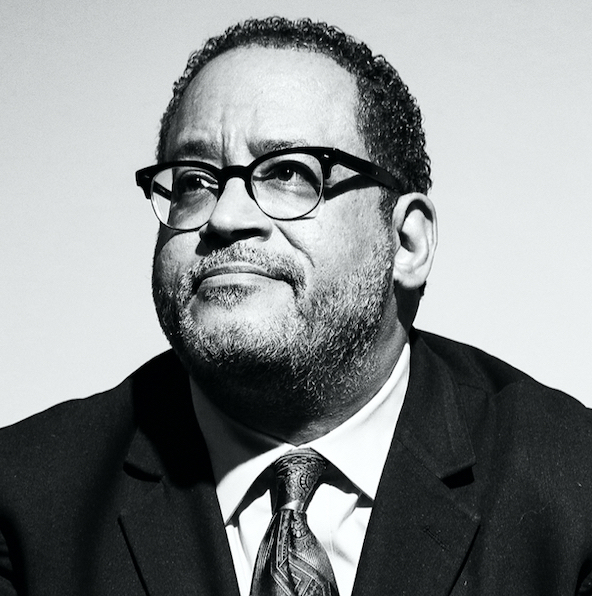Over the last several years in Philadelphia, we have witnessed the erection of the first monument to a Black man in our city, abolitionist Octavius Catto; the first mural to a legal and civic giant, A. Leon Higginbotham, Jr.; a community effort to rename a street from Taney — named for the Supreme Court justice who wrote the Dred Scott decision — for Caroline LeCount, Philly’s own Rosa Parks; and a school renamed from racist president Andrew Jackson to former slave-turned-educator Fanny Coppin Jackson.
Like these people, to me, the All Stars are the everyday folks who are doing the heavy lifting for their race and culture: Teachers, sanitation workers, people who work the traffic lights and run nurseries — both for kids and for your grass — the people who are clerks in local stores. They are the preachers who reach masses of people on a daily basis; the writers whose praises don’t get as well-sung as they should; the social activists who are out there trying to make a better life for us even when we don’t understand what’s at stake.
These are the people Dr. Martin Luther King, Jr., referred to as the “ground crew without whose labor and sacrifices the jet flights to freedom could never have left the earth.”
01
William T. Coleman Jr.
Lawyer
William T. Coleman Jr.
Lawyer
1920-2017
A lifelong Philadelphian, William T. Coleman Jr. is most famous for drafting the plaintiff’s briefs in the landmark civil rights case Brown V. Board of Education, at the behest of future Supreme Court Justice Thurgood Marshall, while he was an attorney at Dilworth Paxson.
Coleman was a legal giant both in Philadelphia and the country. He graduated first in his class from Harvard Law; was the first African American to serve as a Supreme Court Law Clerk; the first Black partner in a White law firm; and the second ever Black cabinet member, as Transportation Secretary under President Ford.
A Republican with a flair for style, Coleman served on the boards of several corporations, including PepsiCo, IBM and Chase Manhattan. As a lawyer he was instrumental in shaping the rights of Black Americans, through 19 cases he argued before the Supreme Court and during his tenure as president of the NAACP Legal Defense and Education Fund. He was awarded the Presidential Medal of Freedom by Pres. Clinton in 1995.
Accomplishments:
- Plaintiff’s attorney on Brown vs. Board of Education
- First Black American to serve as a Supreme Court law clerk
- First Black Transportation Department Secretary. In 2020, the department’s HQ was renamed in his honor
- First Black associate and then partner of a White law firm
Final word: “Bill Coleman was a rare and inspiring figure who devoted his own ambition and his own propensity for hard work not just to making his own good luck, but to making life better for his fellow Americans, both in his own time and for generations to follow,” wrote Ajay Raju, former Dilworth Paxson chair and Citizen board member.
Reporting by Aly Kerrigan and Ethan Young.


